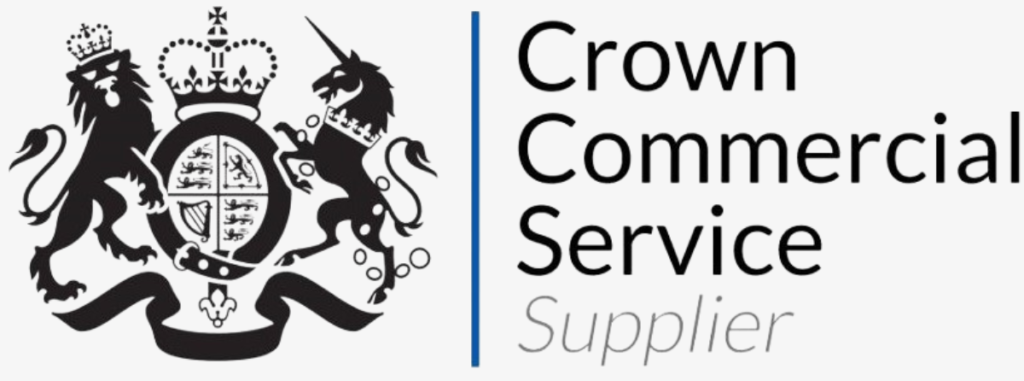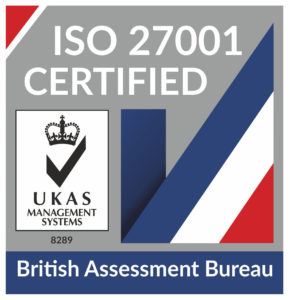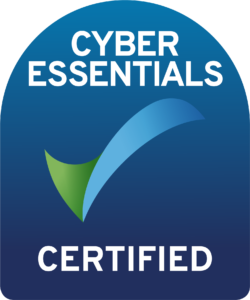
HaloITSM Guides
Documentation to assist with the setup and configuration of the HaloITSM platform
Asset Fields
In this guide we will cover:
- Creating Asset Fields
- Creating Custom Fields for the Asset Entity
- Difference between Asset Fields and Custom Fields for Assets
Admin Guides:
Related Guides:
Asset fields correspond to the different pieces of data you care to track against an Asset of a certain type. Similar to Ticket type fields, you can use system Asset fields or create your own Custom Asset fields to track whatever information is required.
Creating Asset Fields
Lets take a closer look at how asset fields are configured. First, it is important to understand Asset Fields versus Custom Fields against the Asset entity. Asset fields are created/amended via Configuration > Asset Management > Asset Fields.
Fig 1. Asset Field configuration.
The configuration around the field(s) is composed of specifying the field name/label, field type (text, single select, password etc.), system use (for specific functionality around opening an RDP address). You are also presented with the option to mark the field as mandatory.
Asset fields can be added to specific Assets types (via the field list tab against an Asset type), or added to all Asset types, using the button shown in Fig 2, this button is against the asset field.
Fig 2. Option to add asset field to all asset types.
Creating Custom Fields for the Asset Entity
Custom Fields for the Asset Entity are configured in a similar way to Custom Fields for all other entities - via Configuration > Custom Objects > Custom Fields.
Ensure you select 'Asset' as your entity:
Fig 3. Selecting asset entity for custom fields.
You will find more options here against the type of field to be created (Rich Text, Single/Multiple Select, Custom Table etc.). Custom Fields for Assets will be added to all Asset types & will be displayed on either the 'Custom Fields' tab, or the manually created Custom Tab that you have selected against the Custom Field custom objects course to get a detailed over view of custom fields, custom tabs, etc.).
Fig 4. Custom tab selection within a custom field.
Difference between Asset Fields and Custom Fields for Assets
So the key differences between Asset Fields and Custom Fields for Assets are as follows:
- Custom Fields for Assets provide more options within the configuration of the field itself, but cannot be added/removed per Asset Type.
- Asset Fields provide fewer configuration options within the Field, but can be added to specific Asset Types.
Added Asset $-variables
These variables can be used to pull through information about an asset, these may be used, for example, on an email template that is used for suppliers.
$-ASSET_PARTSWARRANTYSTART - The asset's parts warranty start date.
$-ASSET_PARTSWARRANTYEND - The asset's parts warranty end date.
$-ASSET_LABOURWARRANTYSTART - The asset's labour warranty start date.
$-ASSET_LABOURWARRANTYEND - The asset's labour warranty end date.
Popular Guides
- Asset Import - CSV/XLS/Spreadsheet Method
- Call Management in Halo
- Creating a New Application for API Connections
- Creating Agents and Editing Agent Details
- Departments and Teams
- Halo Integrator
- Importing Data
- Multiple New Portals with different branding for one customer [Hosted]
- NHServer Deprecation User Guide
- Organisation Basics
- Organising Teams of Agents
- Step-by-Step Configuration Walk Through



